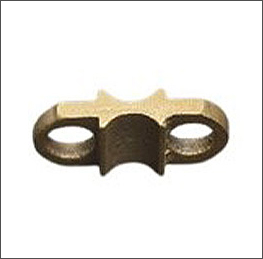
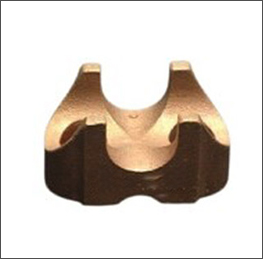
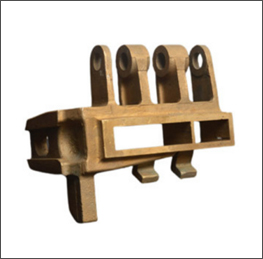
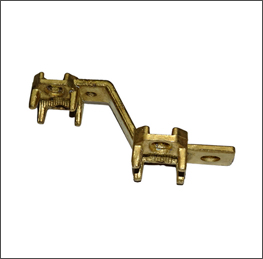
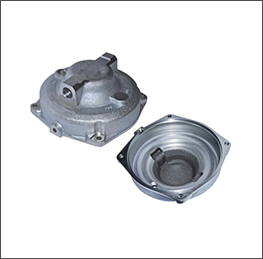
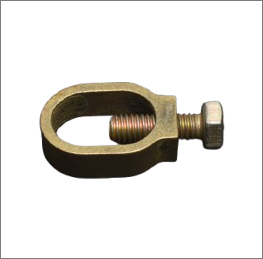
Indo German Shell Cast has established itself as a premier manufacturer and supplier of non-ferrous shell mold castings in the industry. Manufacture of all grade of brass Gun metal aluminium. Further,we also handle sand moulding, shell moulding. We are a professionally managed company with the required expertise in different fields and we complete our deliverable within the scheduled time to create satisfied customers.
Shell mold casting for non-ferrous metals is a refined casting process that uses a thin walled shell made from a sand resin mixture to form molds, enabling the production of high precision components. Non-ferrous metals commonly cast using this method include aluminum, copper, brass and bronze alloys which are favored for their low weight, corrosion resistance and excellent thermal and electrical conductivity. The process begins with the creation of a reusable metal pattern, often made of steel or aluminum. This pattern is heated to a specific temperature and coated with a lubricant to prevent sticking. A dump box containing resin coated sand is inverted over the heated pattern, allowing the sand to adhere and partially cure into a shell. The shell is then fully cured in an oven to achieve sufficient strength before being removed from the pattern.
The shell halves are assembled using adhesives or clamps and cores are inserted if required to create hollow sections or variety of shapes. The assembled mold is placed in a flask and supported with backing material for stability during the pouring process. Molten non-ferrous metal is poured into the mold cavity through a flow control system, filling the precise contours of the shell. Once the metal solidifies and cools, the shell mold is broken away to reveal the casting. Post casting processes such as trimming and surface finishing are performed to remove excess material and achieve the desired specifications.
This method is widely used in diverse industries for components like engine parts, pump housings, electrical connectors and decorative items. Shell mold casting excels in producing small to medium sized parts with elaborate designs and high dimensional accuracy while maintaining compatibility with the unique properties of non-ferrous metals.